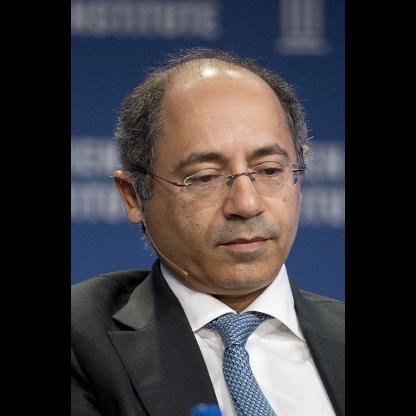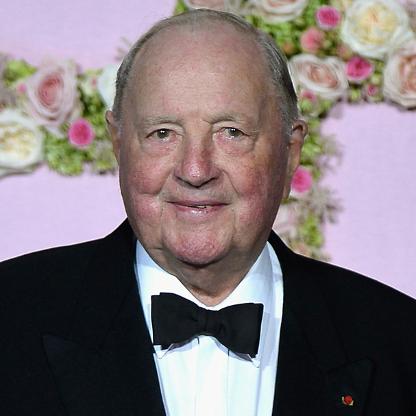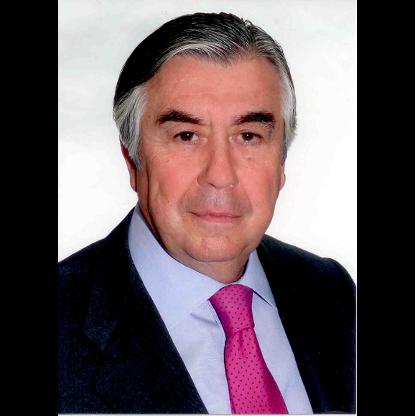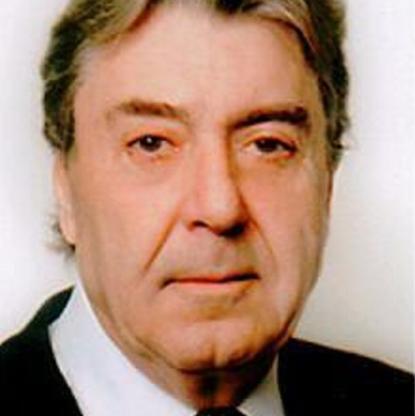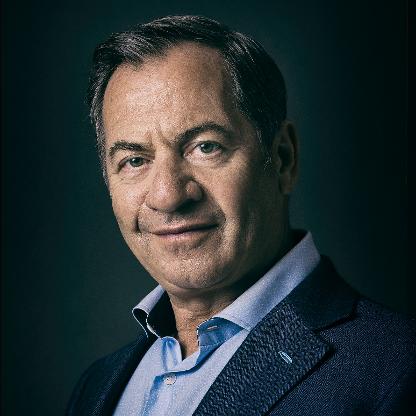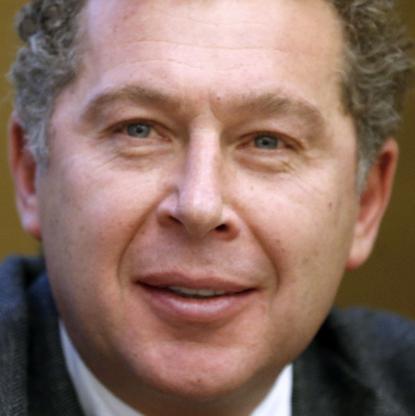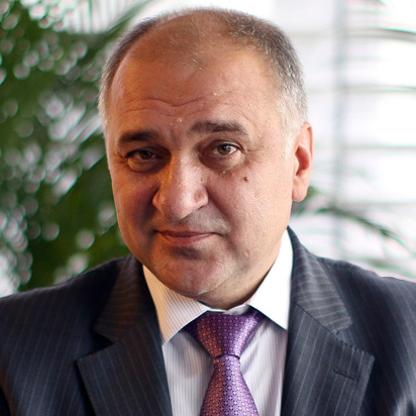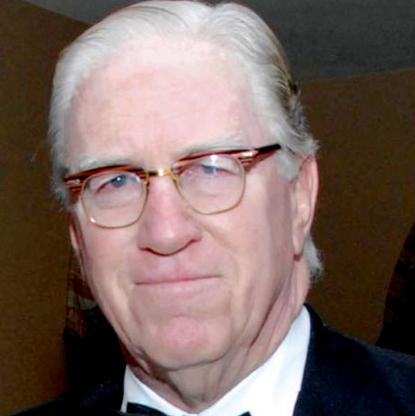In May 2013, he accepted an SEC settlement in which he and Harbinger agreed to pay a total of $18 million. Under the deal, Falcone would have been banned from operating as an investment advisor for two years. However, in a rare move, the commissioners overruled the enforcement staff and threw out the deal, forcing the two sides back to the bargaining table. Reportedly, SEC chairwoman Mary Jo White felt the deal was too lenient. Finally, on August 19, the SEC and Falcone agreed to a deal in which he and Harbinger admitted breaking the law. It was the first SEC settlement in years in which the defendant was required to admit wrongdoing; usually, defendants who accept SEC settlements neither admit nor deny that they broke the securities laws.
